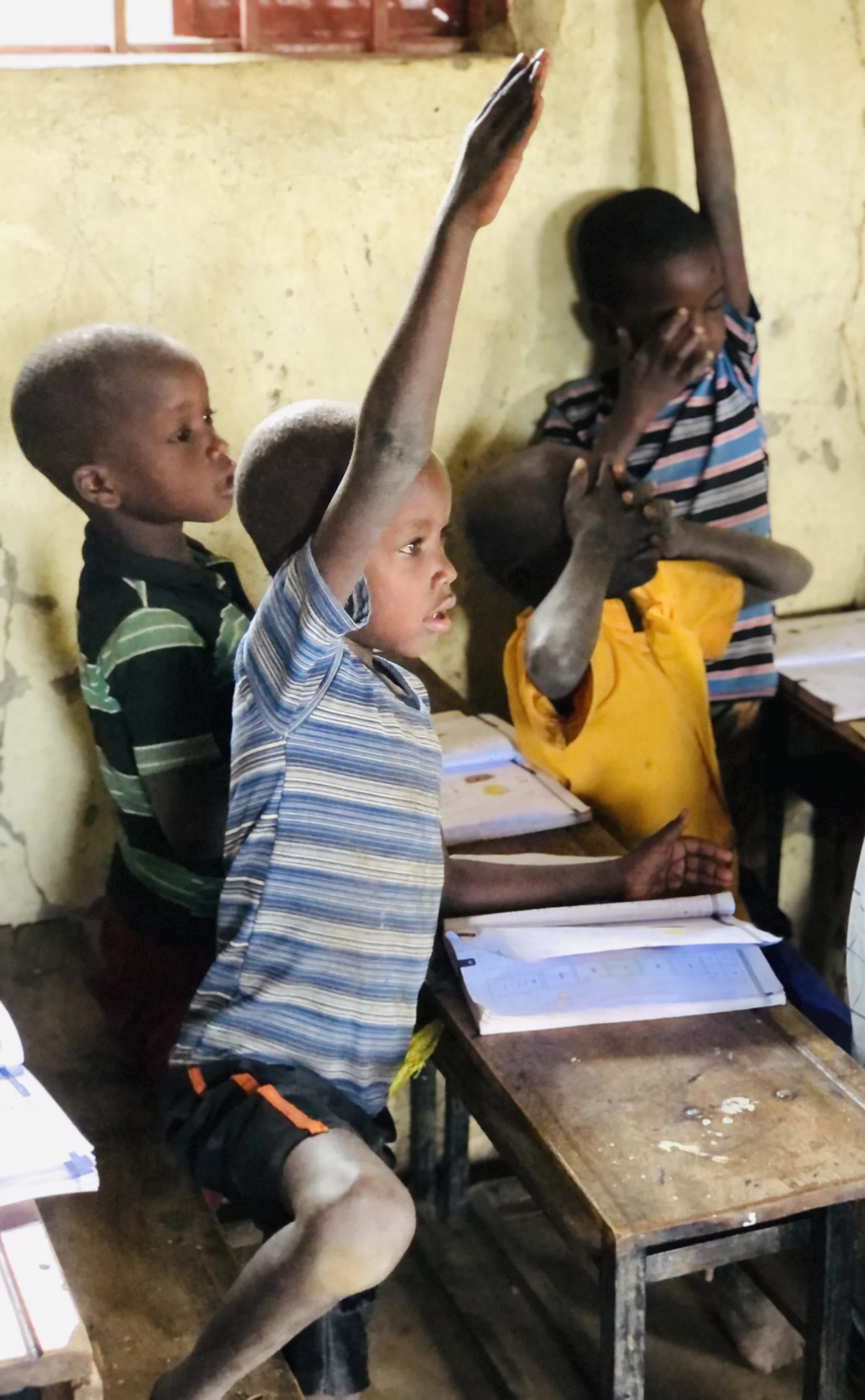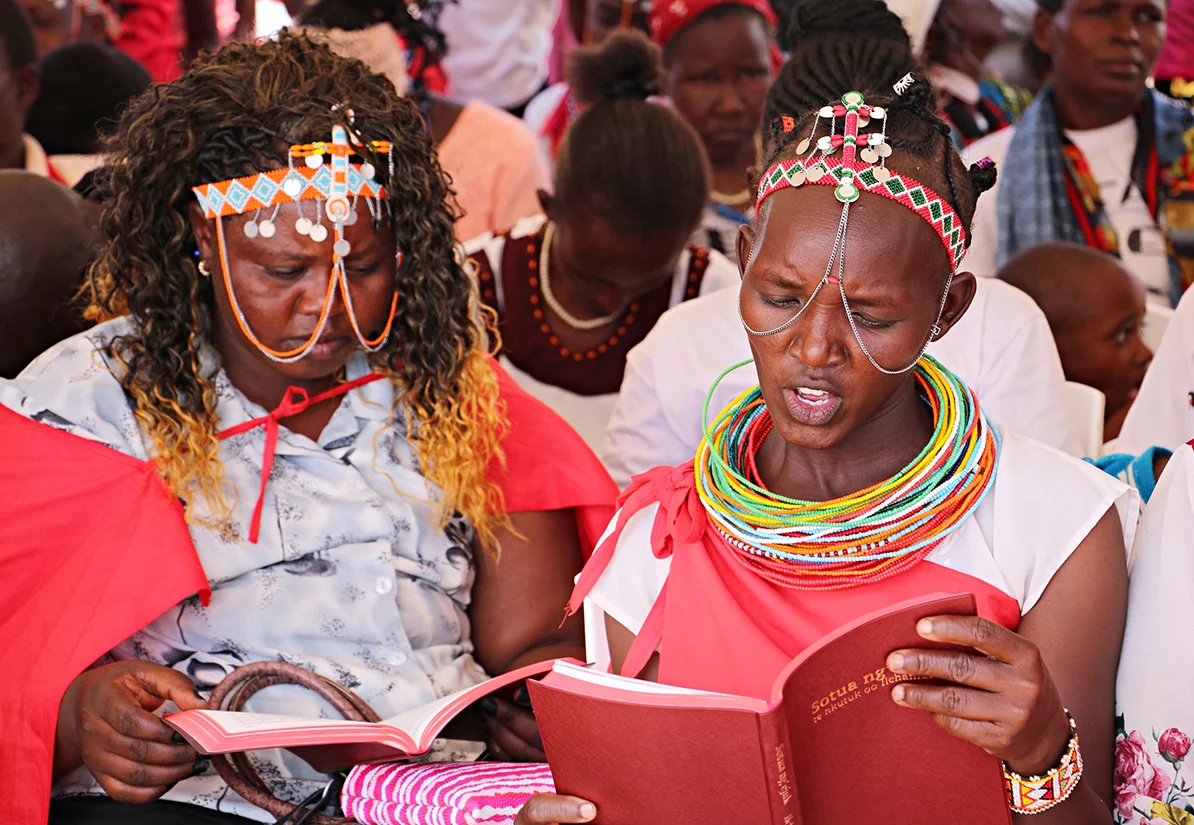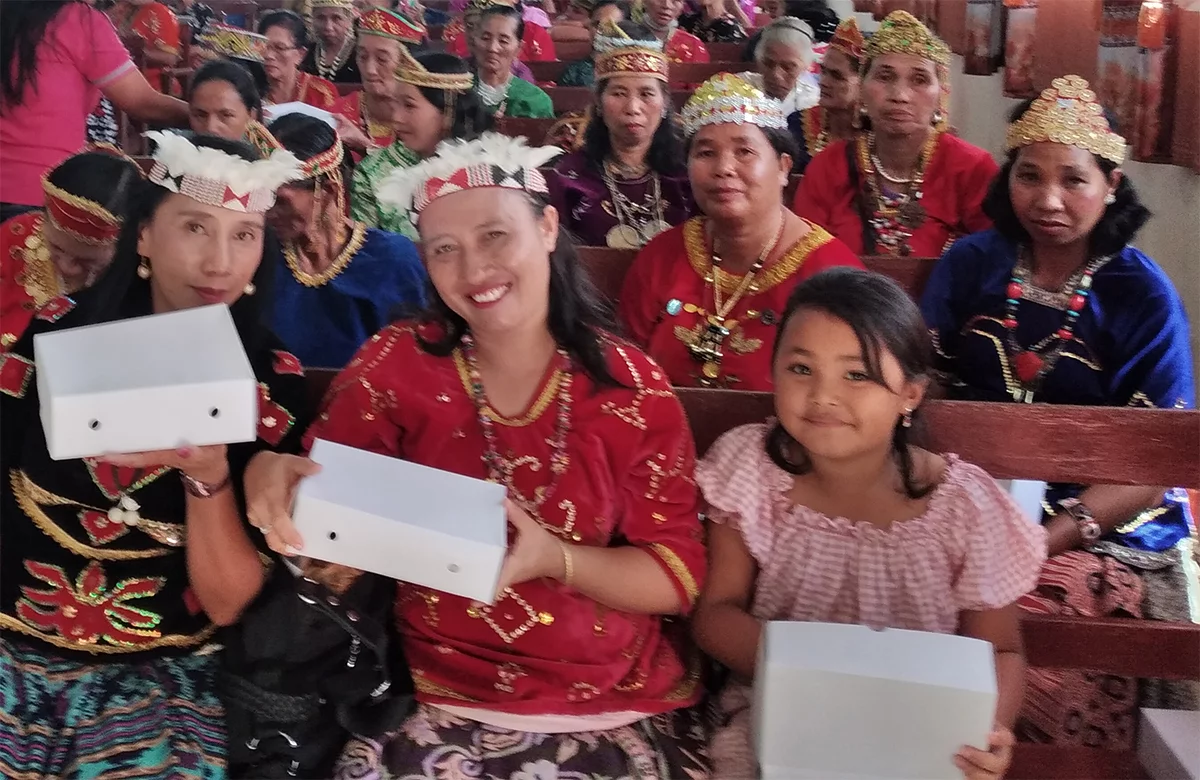‘When people learn to read and write in their language, it means they can communicate in new ways, access technologies they have been cut off from, gain opportunities to get work, and learn their legal rights, making it harder for corrupt officials to abuse them and empowering women and girls. It means that parents can read the correct doses of medicines to give their children, and their children’s education is transformed.’
‘Our culture and language is loved by God’
Another aspect of the Day is celebrating and championing the differences in cultures and languages so they become stronger communities.
Bible translation is playing a key role in helping minority peoples to strengthen the use of their own languages. Local Bible translation teams, with people who serve with Wycliffe working alongside them, are ensuring that a language – and the people who speak it – are being given the best chance not just to survive but to thrive. The impact on a community’s identity is huge, as Rafael, a Roma man, says:
‘Having God’s word in our Romani language is a vital expression of the fact that we are precious in God’s sight, and that our culture and language is loved by God.’
The acceleration that is happening in Bible translation could be a key factor. This past year, 370 new translation programmes were begun at the rate of over one a day. Of the 7,396* languages used in the world right now, half (3,689) currently have work in progress.
Many of these are languages spoken by the most marginalised peoples in the world. Bible translation is playing a vital role in helping these communities to hold onto their language and culture.
Passionate and committed
Many of the languages with work currently in progress are at the very beginning of the translation process – recording the oral language or starting to write it down.





